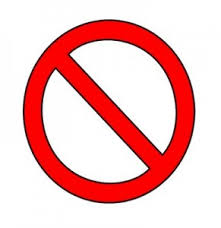记忆方法
1. ab- + ol- "al-, nourish" + -ish.
2. => away from grow/nourish, off from grow/nourish. => retard the growth of, destroy, cause to die out.
3. 啊暴力须废除。
2. => away from grow/nourish, off from grow/nourish. => retard the growth of, destroy, cause to die out.
3. 啊暴力须废除。
中文词源
abolish 废除
前缀ab-, 离开,非。词根ol,生长,滋养,同old, adult.
英语词源
- abolish (v.)
- mid-15c., from Middle French aboliss-, present participle stem of abolir "to abolish" (15c.), from Latin abolere "destroy, cause to die out, retard the growth of," perhaps from ab- "from" (see ab-) + adolere "to grow," from PIE *ol-eye-, causative of root *al- (3) "to grow, nourish" (see old), and perhaps formed as an antonym to adolere. But the Latin word rather could be from a root in common with Greek ollymi, apollymi "destroy." Tucker writes that there has been a confusion of forms in Latin, based on similar roots, one meaning "to grow," the other "to destroy." Application to persons and concrete objects has long been obsolete. Related: Abolished; abolishing.
权威例句
- 1. The following year Parliament voted to abolish the death penalty for murder.
- 议会于翌年表决对谋杀罪废除死刑。
- 2. The Government of Jamaica consider it imprudent to abolish the death penalty.
- 牙买加政府认为废除死刑是轻率之举。
- 3. plans to abolish the monarchy
- 废除君主政体的计划
- 4. Do abolish this kind of bad evil.
- 一定要废除这种恶劣习俗.
- 5. The government consider it imprudent to abolish the death penalty.
- 政府认为废除死刑是轻率之举。
